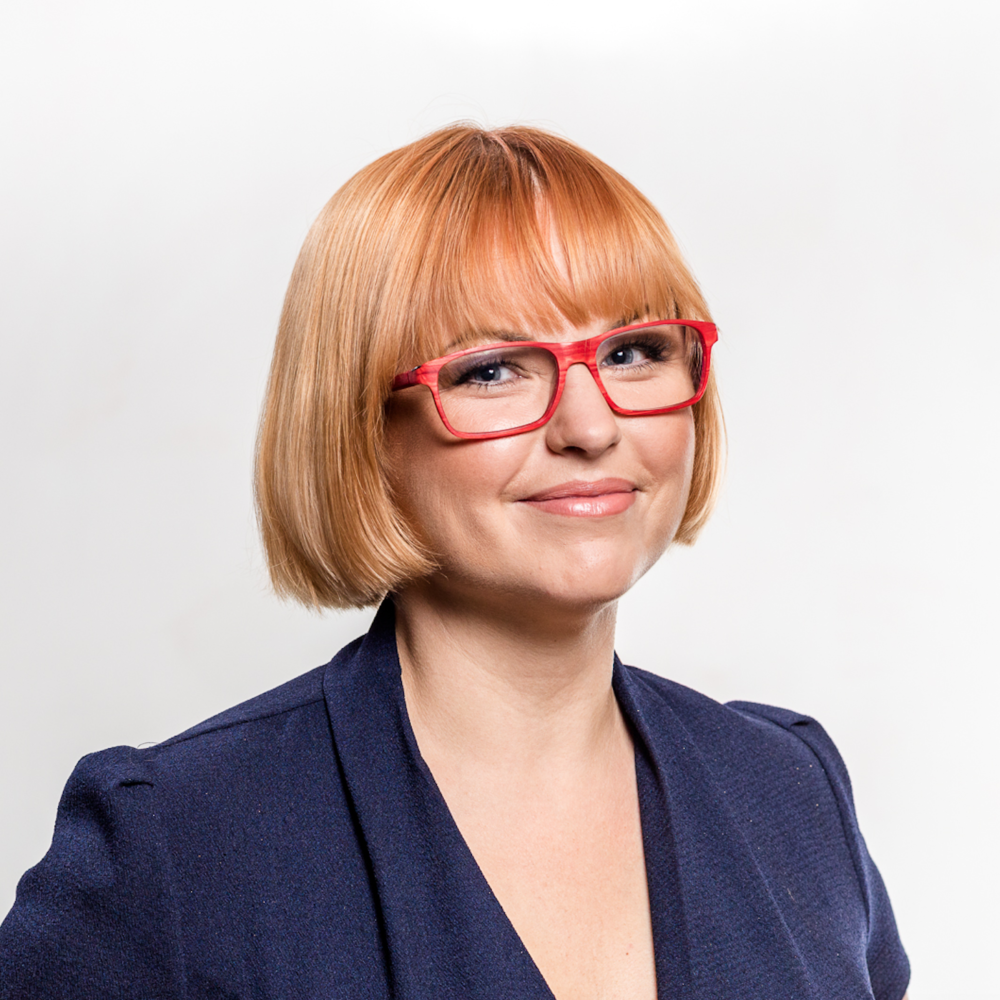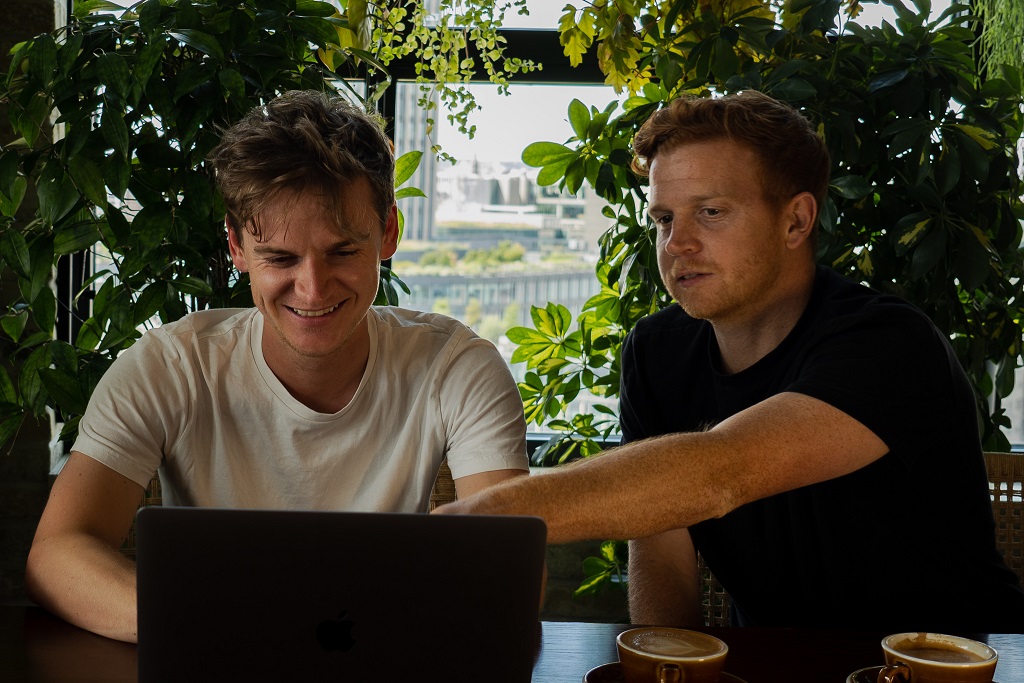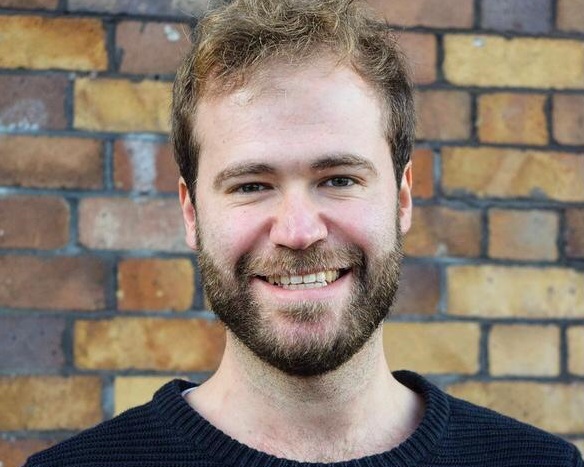Estonian entrepreneur Karoli Hindriks is a formidable character.
Her achievements include helping the government of Estonia design and launch the world’s first Digital Nomad Visa, being the youngest inventor in Estonia’s history, being named one of Fortune Magazine’s Most Powerful Women and graduating from NASA’s Singularity University.
She has also founded three and directed five companies in the media, marketing and recruiting fields.
These days Karoli runs her own platform, Jobbatical, which matches talent in the creative, business and tech industries with companies around the globe.
She has a chat with SmallBusiness.co.uk about running out of money, her company’s core values and how being an entrepreneur is like rock climbing.
Tell us about your first experience of entrepreneurship
I have a long history of being an entrepreneur – my first company was kind of an accident. We had to do a school project and it turned out that my idea of fashionable reflectors for young people was unique, so I became the youngest inventor in Estonia at the age of 16.
I had this moment where I realised that my ideas could make a difference. When that happens, you just know that you can’t be doing anything else with your life.
How did Jobbatical start?
When it came to Jobbatical I wanted to combine two different things – the talent shortage and the aspiration that people have to move around the world.
Could we make global hiring as easy as local hiring? As a company you can hire whomever you want in the world who has the right skill set and the willingness to move.
I wanted a Jobbatical for myself, basically. With the skills and talent that I have, I would have loved to have had something like this, where I could go to Malaysia or the Netherlands and help them build a media channel, for example.
I was looking to Silicon Valley and its success, largely based on the people who are drawn there. I wanted to get people to go to places that are less obvious for career development and help them get local experience working in a local team.
How could we help Silicon Valleys emerge outside of Silicon Valley?
What are your brand values?
Make it happen
Be bold, stay humble.
Go beyond yourself.
Start with ‘Why?’
What do you look for when hiring employees?
Our 42-person team is made up of 20 different nationalities. We believe in diversity and looking for the right skills rather than going for the most comfortable person.
As a hands-on entrepreneur I like staff with initiative and a pro-active attitude. That is something that can compensate for any lack of knowledge.
Hiring is interesting – one of the mistakes employers make is to hire people who are like them because it’s easier to have people who are agreeable and think like you. But will they move the company further?
Jobbatical is the most diverse team I have ever worked with. I can’t say that I’m not biased myself but I’m working very hard to overcome it.
What challenges did you face when setting the company up?
When I started Jobbatical just over three years ago, I had a one-year-old child at home and I think the first challenge was my inner question of whether a mother could be a founder and whether I would be taken seriously while being a mother and a founder and a woman. I also had to find the confidence to pursue my idea.
Getting the first investor onboard and raising enough to break even before Jobbatical launched was challenging. Our first angels were from Finland, Latvia, UK, Russia, then Estonia.
On that first angel round, we raised €250,000. I remember it vividly because I’d run out of money! I thought that if I didn’t close the round I wouldn’t survive another month.
I had to step out of my comfort zone to actually get the financing in place. It was good because I got international experience onboard from a very early stage.
Other than that, it was a case of finding people and actually growing the business. It takes half a year to figure most mistakes out and really start to make decent traction. All the challenges have been worth it.
What personal sacrifices have you had to make?
If you have a business and a family then you don’t have a social life. My husband is an entrepreneur as well.
I have to say that my daughter has adapted very well – she has been travelling with me to pre-schools in Singapore, she has been to day care in Leeds or Manchester. I can take her to any country and she adapts.
Children are often part of the conversation in our heads. The travelling isn’t a problem for them, it’s the parent’s fear that it might be a problem for them.
What are your goals for the business?
If someone dreams of working in another country, we want to be the go-to platform for that. You’ll get the job and relocation – you basically build a global career.
What we’re seeing in some countries is that we’re becoming partners for the government, really addressing how to attract highly-skilled talent.
There are so many countries asking questions and looking for communities to help them discover the right people, so we act as a funnel to get people into those countries.
In a way, countries are starting to compete for talent.
The UK’s different with Brexit – it’s moving in a very different direction.
Platforms like Jobbatical are becoming like passports and we’re seeing a shift. It will be interesting to see how this affects where people go in the next five or ten years. Which countries will be attracting people and what will Jobbatical’s role be within that?
What advice do you have for budding entrepreneurs?
Life is too short not to make a difference – use your time on this planet wisely.
I wake up in the morning because I believe the world will be more open and richer with Jobbatical, allowing people to move and leverage their knowledge across borders. That’s something that drives me.
There’s no illusion that it will be tough. Building a vision is like rock climbing – make sure you don’t look down! Sometimes things can get so overwhelming. Dare to look up instead – I think that’s the difference in mindset with entrepreneurs. That’s where the future is, and we have to be bold enough to be able to look up there.
Further reading on entrepreneurship
How virtual reality can revolutionise the way you train your staff





